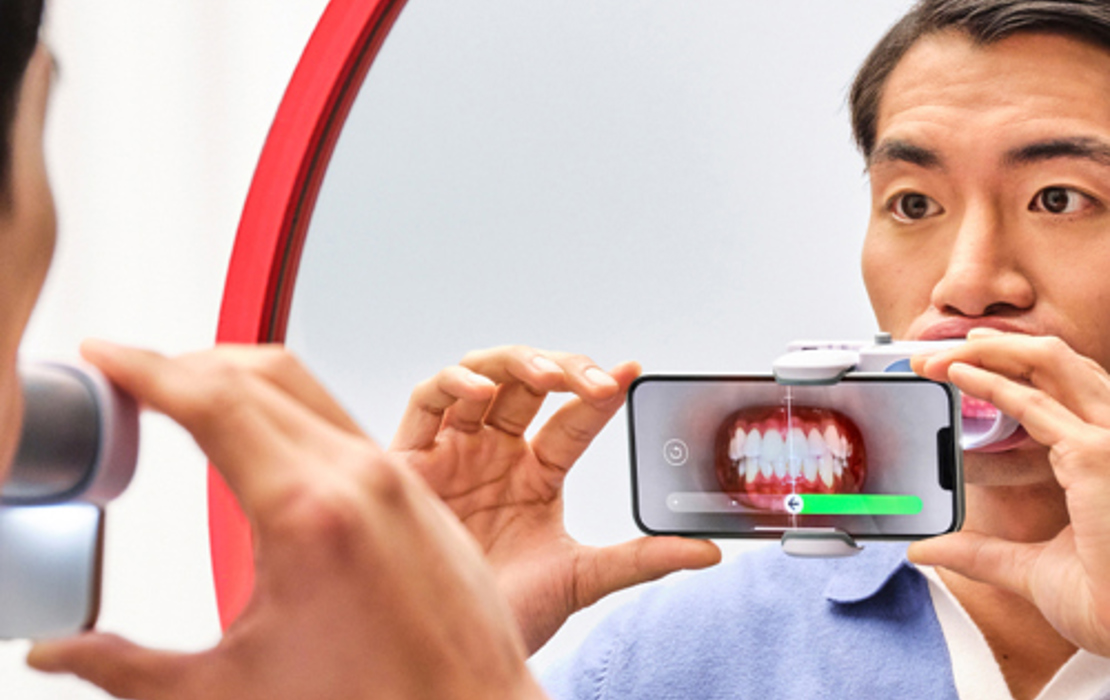10 Under 10: Baghdad-born dentist forged stellar career amid backdrop of war
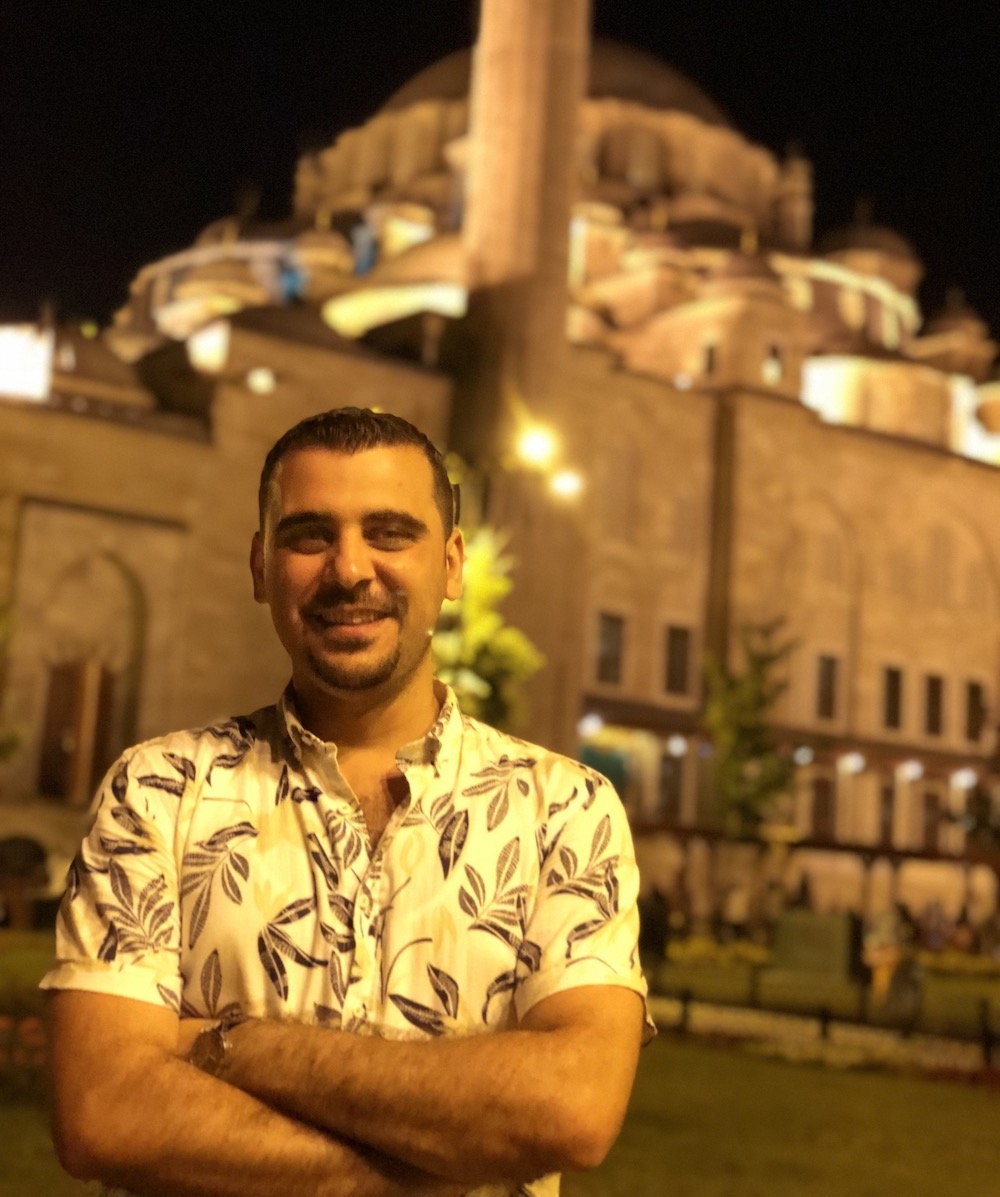
There are about 30 minutes between Baghdad and Fallujah, Iraq. But when Muhalab Al Sammarraie, D.D.S., was training to be a dentist at a hospital in the latter, that expanse was full of daily death-defying decisions.
He deftly managed his career development so that he could stay true to his strong desire to become a dentist — and to stay alive. His grit and endurance paid off, and now he leads an accomplished career that landed him among the 2023 ADA 10 Under 10 Award recipients.
The danger and disarray that he survived to make his dreams reality started in childhood.
“I was born and raised in Iraq in 1986,” Dr. Al Sammarraie said. “Unfortunately, childhood was all war. The second Gulf War started with the United States. I was like 4 years old. That was my childhood.”
Despite these facts, he considers his childhood to be “regular,” recalling simply playing on the streets with his friends, as well as going to school with them, and a sense of community despite the surrounding volatility.
“We would all go to shelters, and there was bombing and everything,” he said, matter of factly. “It was hard for the country in general, but we had a lot of fun in my childhood.”
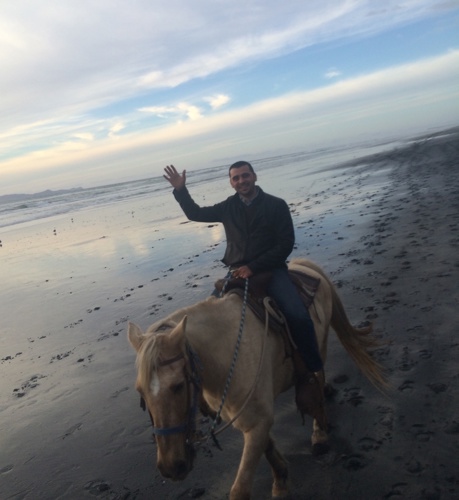
His friends and family considered him to be gregarious, and he was a curious youngster. He recalls always being someone who liked to lead others and protect friends.
“Even with daycare, if I’d see something wrong, I’d stand up for people who’ve been bullied,” he said. “I liked adventure. My mom and dad say, ‘Always, I remember you having something like a screwdriver or having some [tool]. You’d try to invent something, and you’d end up breaking something, and then you’d try to fix it. We were always like: Don’t play with that. Don’t do that. But you were under control. You know your limits.’”
The milieu of war meant the road to a dental career that has culminated in the United States — where he is now site dental director at AltaMed Health Services in Anaheim, California — came in fits and starts.
“When I was to graduate from high school and join dental school, the 2003 war started,” he said. “That changed the whole country. Everything was flipped upside down. We struggled. Society was traumatized forever. The weapons used, the destruction, and to make it worse, the borders were opened, so we became the place that all terrorists go.”
He finished dental school with a Bachelor of Dental Surgery from the University of Baghdad but then had to forestall his career due to the conflict.
“Circumstances played with me in Iraq in a way that at some point I was forced to leave dentistry in 2010,” he said.
Those circumstances were that he was assigned to a residency in the most volatile place possible. He had no other option than where the government had assigned him, he said.
“In Iraq, when you graduate from dental school, the government will hire you,” Dr. Al Sammarraie said. “They pay you a salary for doing your residency until you finish the residency and you’ve got your license. You have the choice to continue with the government or go private. There is no other way to get a license without doing the residency.”
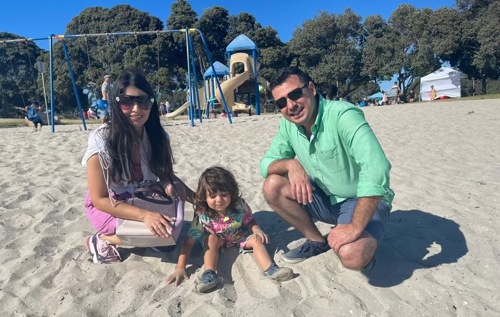
At the time, Fallujah had just ended another war, so there was a lot of destruction around the city. Security was unstable, and people were not protected, he said.
“I had to go there, and nobody wanted to go there because it was very dangerous,” Dr. Al Sammarraie said. “By that time, terrorists wanted to capture the city, while authorities were corrupted and brutal with the innocent people so that anyone could be a target at any time and for no reason, especially teachers and doctors.”
Deciding instead that it wasn’t worth risking life and limb, Dr. Al Sammarraie sought other options for employment. He was unsure if he’d ever be able to resume his pursuit of a career as a dentist.
“I spent one year doing nothing, staying home,” he said. “By that time, I was thinking there should be a way just to survive. At this time, I cannot practice obviously. So, I applied for a job in human resources with [the United States Agency for International Development]. Believe it or not, I had no idea what ‘H’ meant or what ‘R’ meant. … For some reason, maybe my personality, they liked me, and they hired me.”
Two years later, he’d learned the ropes well enough that he rose to HR manager.
“HR allows me to see a very different story of life and see a different version of myself that I can be,” Dr. Al Sammarraie said. “It ended up as not only a job but something I really had a passion to do.”
He learned to appreciate the work, but dentistry never left his heart.
“It was a situation that either I stay with HR, or I go back to dentistry in a very dangerous place,” he said. “One of my managers, she told me to stay with HR. I [said], ‘I can’t. I like dentistry. Plus, everybody will see me as a loser, and I don’t like to be a loser.’”
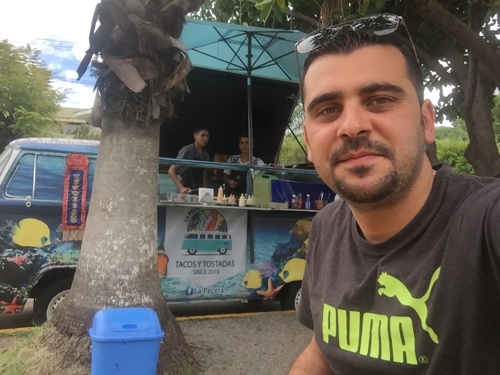
She offered him an option where, for a while at least, he could traverse both worlds. He could work a hybrid arrangement that allowed him to work at the hospital as a resident early in the day and then end his workday as an HR manager. He accepted the offer.
But even that scenario proved precarious for Dr. Al Sammarraie. He would work morning shifts in the dental residency in Fallujah, and then he’d return to the HR job for a shift.
“I would stay up nights to stay up on all the tasks I need to do,” he said. “My day was: I’d wake up at 6 in the morning. I’d walk because I didn’t have a car at that time because I didn’t have money. I’d walk and take like two public transportations to reach the hospital. I’d reach it at 8, 8:30, and I’d do dentistry until 12 or 1, and then take two public transportations and walk to get to my job in HR. It was very stressful, but I did it for two years.”
Although the Fallujah General Hospital was relatively safe, he couldn’t ignore the issues outside its walls, he said.
“My problem is I always speak up,” Dr. Al Sammarraie said. “I was seeing a lot of wrong things, and I was feeling and seeing how the radical political discrimination and terrorism started affecting the people. In doing my work, I’d say, ‘Stay solid. There will be a light at the end of the tunnel. Don’t give up.’”
Eventually, he’d said too much for his own good.
“People working at the hospital were saying, ‘Doctor, we love you. Please don’t be too vocal. Walls have ears here,’” he said. “So, I knew that there was something going on. I ended up with a feeling. Someone told me, ‘You have to leave. It’s very dangerous.’ So, I was like, ‘It’s time. I have to go.’”
In total, he worked in HR for USAID for three years. He decided he should leave Iraq. He was 27.
“With all the risk I took, I finished the residency,” Dr. Al Sammarraie said. “My wife and I moved to the United States in 2013, and she is also a dentist. That was another challenge because moving to the States, you have to do accreditation and almost start over again. When we came in 2013, it took us five years until we finished all the requirements, and luckily, we both got accepted into the same dental school.”
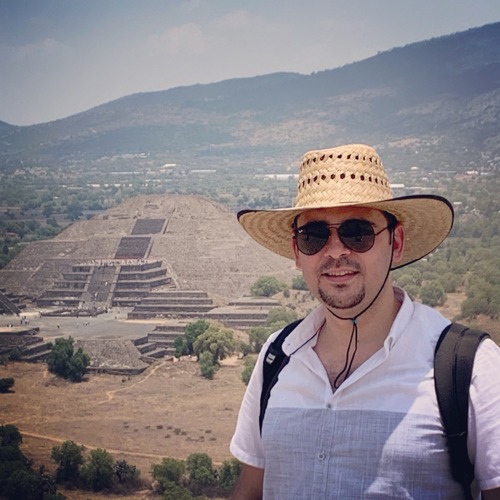
He attended Universidad de la Sale Bajio in Guanajuato, Mexico, opened by the Dental Board of California, and graduated in 2019. The school was most affordable for him, he learned Spanish, and he saw as many as five times more patients than he could in the States, he said.
“They started the program in Mexico to be the first American dental board-accredited program outside the U.S.,” he said.
His background in HR has resurfaced in his dental career and in his leadership at AltaMed, a federally qualified health center. But impactful, too, is the fact that he’s worked a range of dental office positions before and after becoming a dentist in America.
“All the staff — doctors, assistants, front office and back-office supervisors — I always tell them one thing: I worked as a dental assistant, and I am very proud. I worked as a front desk manager, and I’m a dentist,” Dr. Al Sammarraie said. “I’m not saying this just to tell you I am a superhero. I am saying this because I know the challenges that dental assistants have. I know when the doctor becomes rude what you guys feel, and I know exactly what makes you grind your gears. The same thing for the front office and the same thing for dentists. I know when dentists are being pushed by the office manager for production and to compromise quality. So, I’m here. I’m part of you guys. I’m not here to be the boss and to be the one that you guys have to follow. I’m part of the process. I’m on the ground.”
His unique background makes him a pretty good listener, and he often ends up as a sounding board for dental peers, employees and others, he said. He has interest in improving mental health in dentistry.
“I’m digging into that,” Dr. Al Sammarraie said. “I wrote an article about emotional intelligence, how it’s important in dentistry. I’m willing to be a trainer in this, too, because one thing I’m very good at is to prepare the team, prepare the culture, and to lead by example.”
Beyond his impassioned efforts in dentistry, Dr. Al Sammarraie lends his leadership energy and skills to support improving the lives of Iraqi war victims, particularly orphans. He also dreams of and supports efforts to build a new cancer hospital in Iraq to treat morbidities created by the warfare weaponry.
Dr. Al Sammarraie has three children, a son who is 3 years old and infant twins — a son and a daughter — who are 5 months old. He likes playing soccer, running and traveling. Lately, however, he doesn’t have much spare time for those pastimes. Still, he manages to be his natural convivial self while simply enjoying time with friends and community.
“We Middle Easterns — we like to socialize,” he said. “We just like to have a bunch of people for no reason, have fun and go back home. We eat dinner, or we just go to the park. We like chitchatting, venting, and if someone has a problem, you’ll have 10 people trying to be intelligent enough to try to solve it.”
Dr. Al Sammarraie said he obtains his strength from his “faith in God and the principles [he] grew up with.”
“It is my great pride to belong to the land that has taught humanity civilization, laws and science, all of which have continually enriched my morals and behaviors,” he said. “Be honest, do no harm and treat others as you would like to be treated.”


